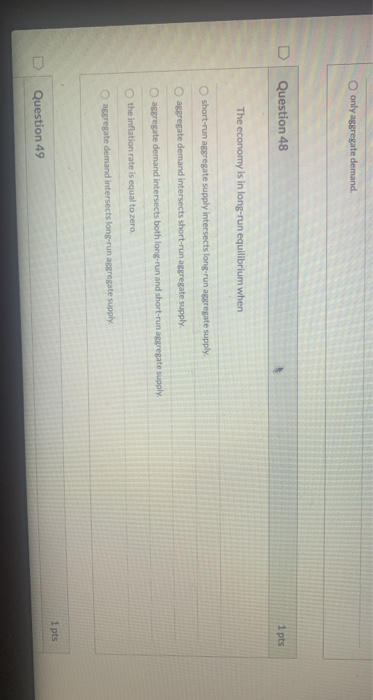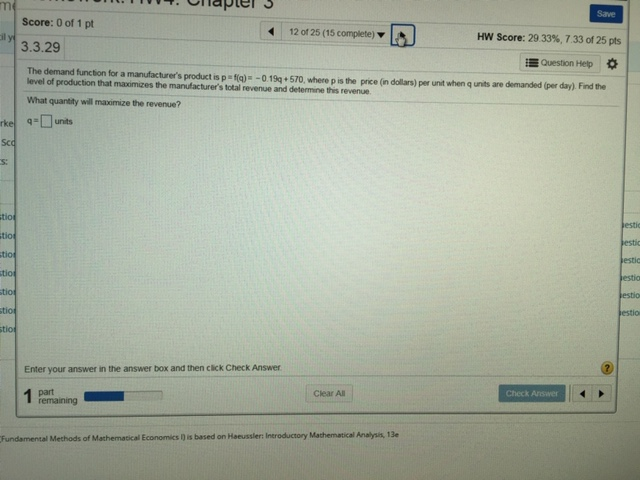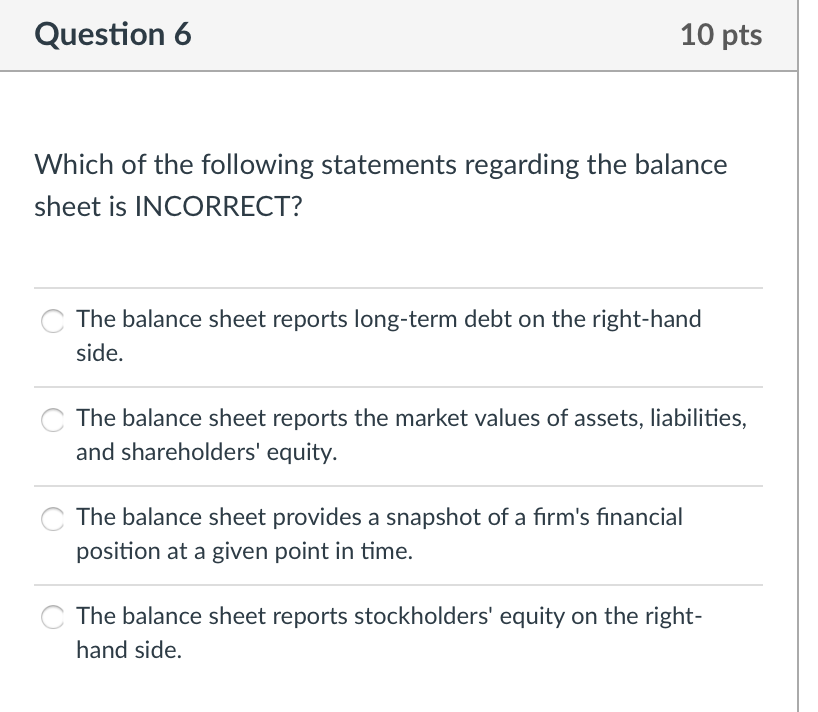Question
Question: In discussions with the sales representative for Chicken Country Farms (CCF), Esther agreed to purchase 12,000 eggs provided they were freshly laid and would





Question:
In discussions with the sales representative for Chicken Country Farms ("CCF"), Esther agreed to purchase 12,000 eggs provided they were freshly laid and would be delivered on the morning of April 1. The sales representative said the price would be approximately $5,000.00 but she would see if CCF would give a better price. Esther thought this was reasonable since the going retail rate for farm fresh eggs was $6.50 per dozen.
On March 2 Esther signed the following contract that was prepared by CCF.
"CCF agrees to sell and Esther Burney agrees to purchase up to 12,000 eggs at a price of $5.00 per unit to be delivered on April 1. CCF's maximum liability for failure to deliver shall be limited to $1.00/unit to a maximum of $500.00."
Esther had planned to hard boil and paint the eggs as soon as they were delivered and had entered into contracts to sell the 12,000 painted eggs to local retailers for $10.00/dozen. It was a required term of those agreements that the eggs be painted and delivered to the retailers on the morning of April 4 so they could be sold prior to Easter.
On April 1, CCF emailed Esther and advised that the delivery would be one day late because of mechanical difficulties with their delivery van but they were loaded and would be delivered by 9:00 a.m. The delivery from CCF arrived on April 2 at 9:00 a.m.
Esther expressed disappointment with the late delivery and said she was uncertain whether she would be able to meet her commitments to paint and deliver the eggs. The driver said it wasn't his issue and he could take the eggs back if she was refusing delivery. Feeling she had no choice, Esther told him to leave the eggs and signed the bill of lading that acknowledged receipt and contained a promise to pay the full purchase price within 7 days.
Esther did not take time to inspect the eggs upon delivery. Later that morning upon removing the eggs from the cartons (the eggs were packed in cartons of 100) she discovered that there were only 11,300 eggs in total and that 350 of the eggs were cracked and 500 were "medium" in size which she would not be able to sell to her retailers. In response to her inquiries, CCF advised that (i) the 11,300 eggs were all that their hens had laid, (ii) there was no size stipulation in the contract, (iii) Esther had every opportunity to inspect the eggs and had signed the bill of lading and (iv) the eggs were all perfect when they left the farm.
Esther then contacted a number of other farms and discovered that she could obtain eggs elsewhere 2 for immediate delivery at $3.00 per dozen. If they were delivered that evening (April 2) she could arrange for additional labour at a cost of $500.00 to meet her delivery deadline of April 4 for her retailers.
Esther calls you on April 2 at 2:00 p.m. with the following questions and requests an immediate analysis and response:
(i) Esther claims that she was under duress when the driver threatened to take back the eggs and wants to know if her agreement with CCF can be set aside on that basis.
(ii) Is there any other basis upon which Esther can discharge the contract, return the eggs and purchase 12,000 eggs from the other suppliers?
(iii) Since Esther did not inspect the eggs at the time of delivery does the principle of "Caveat Emptor" apply?
(iv) What remedies, if any, does Esther have against CCF? Does the principle of mitigation apply? If Esther is unable to meet the deadline for delivery to her retailers and is then sued by her retailers for their lost profits can this be included in her claim?
(v) Esther does not believe CCF's claim that the eggs were inspected and that none were cracked when they were loaded in the delivery van and the driver instructed to deliver them. Would it make a difference whether the eggs were cracked before or after they were loaded?
(vi) CCF has billed Esther for 1,200 units (10 eggs per unit) at $5.00/unit being a total of $6,000.00. Esther thought the agreed price was $5.00/dozen or $5,000.00. CCF claims that it sells its eggs on a wholesale basis which is always calculated on the basis of 10 eggs/unit. Esther thinks that there was either a misrepresentation or mistake and asks whether there is any legal remedy.
Required: Provide a legal analysis of the issues raised by Esther. Be certain to explain the applicable legal principles and how they apply to the facts as part of your analysis.





Step by Step Solution
There are 3 Steps involved in it
Step: 1

Get Instant Access to Expert-Tailored Solutions
See step-by-step solutions with expert insights and AI powered tools for academic success
Step: 2

Step: 3

Ace Your Homework with AI
Get the answers you need in no time with our AI-driven, step-by-step assistance
Get Started


